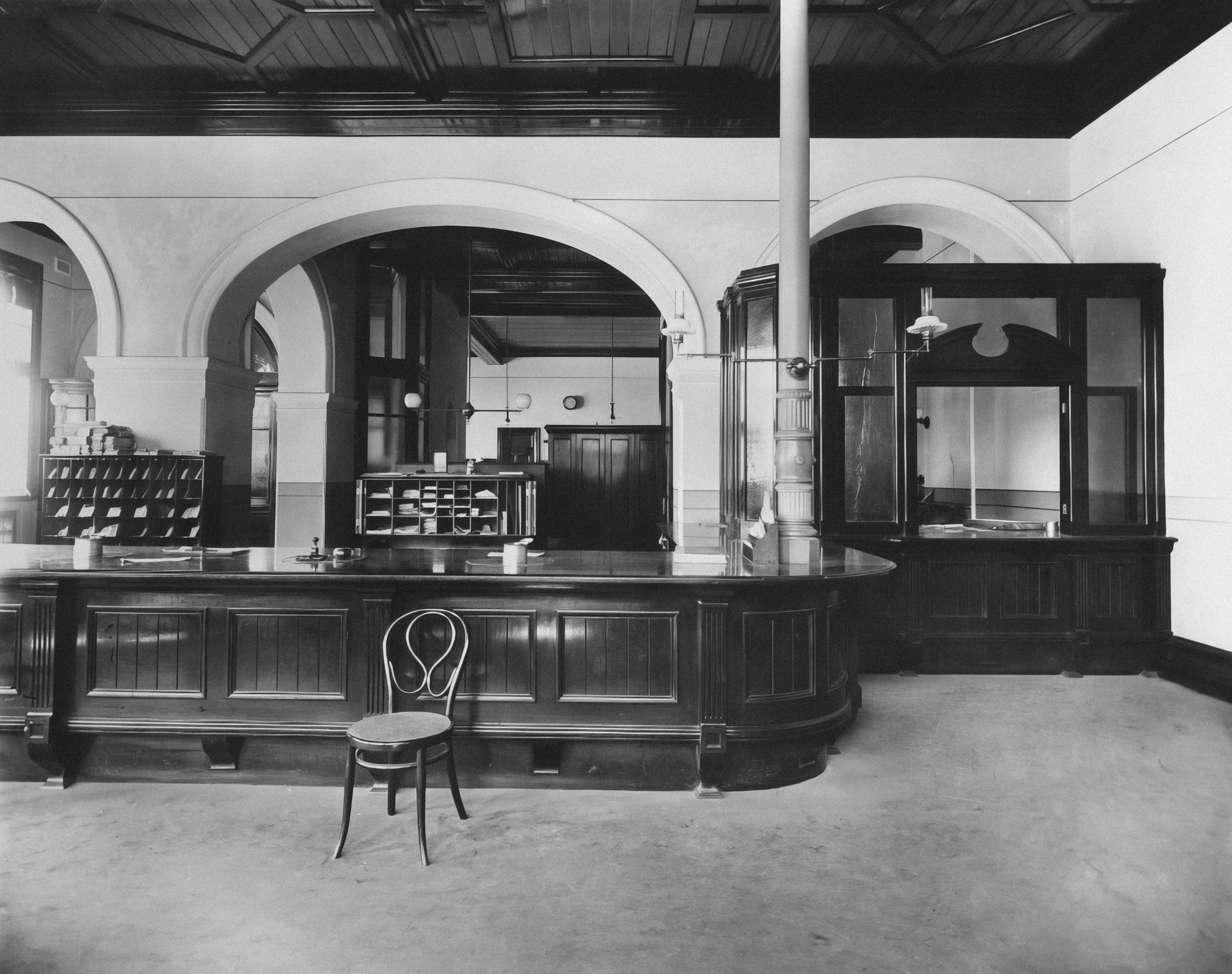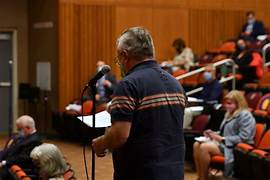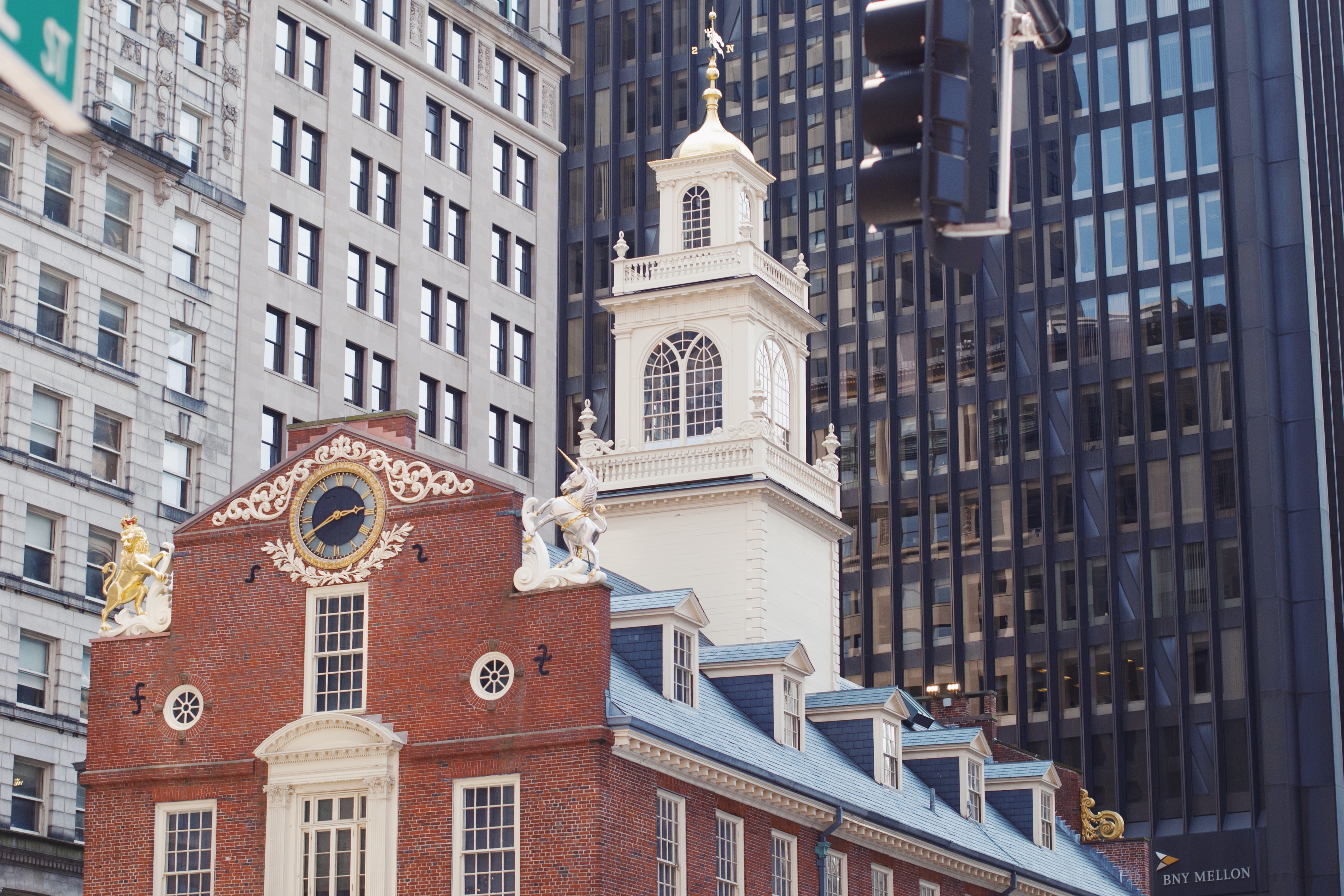Whether you’re a longtime area resident who’s moving from one Boston-area town to another or a new resident who’s relocating to Massachusetts, chances are good that your new home will be in a community that’s new to you.
That’s why you’ll need to learn some essential information about your new town as you settle into your new home.
A Jack Conway agent can help you find your new home on the North Shore, the South Shore, greater Boston, the South Shore, or Cape Cod. As you look at homes and finally choose one, here are a few practical things to learn as you settle into your new community.
Where Are the Town Offices?
No matter how small, every community has town offices where residents will need to do business. That’s where you’ll find the town clerk’s office, the office where you apply for building permits, and the assessor who allocates property taxes and administers motor vehicle excise taxes.
Have a dog? Your town offices are where to apply for a dog license. Need to register to vote? Town offices handle voter registration. Local government offices handle everything from annual town reports to zoning laws and regulations.
The town offices where you’re moving may be called Town Hall, City Hall, or just plain town offices. A Google search like “hanover ma town offices” will yield quick results for a website and a street address.
How Do You Recycle and Dispose of Trash?
Some Boston-area communities provide curbside pickup of trash and recyclables. Other communities operate transfer stations where residents must transport trash and recyclables. Local communities generally set their own rules about what may be recycled, as well as how to sort recyclable materials.
If the community you’re moving to has a transfer station (locally known as “the dump”), you’ll need a resident’s sticker to use it.
Learning about recycling and trash disposal is an important task when you move to a new town. For one thing, you’ll have lots of packing paper and boxes to get rid of. You also may have hazardous household waste, such as leftover paint and herbicides, that you need to dispose of safely.
Where’s the Library?
Your public library is more than a building that lends out books. When you have a library card, you can borrow movies and CDs, get passes to local attractions, and take classes.
Need equipment to help you get settled into your new home? Many public libraries maintain a “library of things” where cardholders can borrow a wide range of items. Depending on the particular library, items can include air quality monitors, metal detectors, binoculars, telescopes, and sewing machines.
Where’s the Post Office?
Locating the local branch of the U.S. Postal Service is one of the first things that should be on your list as you settle in. To find yours, enter your address at https://tools.usps.com/find-location.htm. While you’re at it, locate the nearest UPS store or express shipping center.
How is the Community Governed?
Hanover Town Meeting Photo by Stephen Ryerson
Town meeting is a traditional form of local government in many Massachusetts communities. Town meeting may operate on a representative model, with town meeting members elected from town precincts. Some towns, however, have town meetings that are open to every resident in the community. Town meeting votes determine many local issues that affect town expenditures, so it’s important to be aware of what’s on the warrant when the annual town meeting rolls around.
In addition to town meeting, many communities are also governed by a select board or a board of selectmen. These officials act as the chief executives of a community, performing administrative duties from approving licensing applications to voting on town contracts for construction and engineering projects.
Some Massachusetts communities have mayors. These include Braintree, Quincy, and Weymouth.
Who Are Your State Representatives?
Massachusetts has a state legislature formally known as the Massachusetts General Court. It consists of two houses: a Senate and a House of Representatives. Members of both houses serve two-year terms. They meet at the Massachusetts State House in Boston.
To find your representatives in the Massachusetts State House, enter your street address at https://malegislature.gov/search/findmylegislator.
Of course, Massachusetts residents are represented in the Senate and the House of Representatives of the United States Congress.
Massachusetts currently has nine congressional districts, each represented by a member of the U.S. House of Representative. To find your representative in U.S. House of Representatives, enter your zip code at https://www.house.gov/representatives/find-your-representative.
Two U.S. senators represent each state. The current U.S. senators for Massachusetts are Senator Edward J. Markey and Senator Elizabeth Warren.





